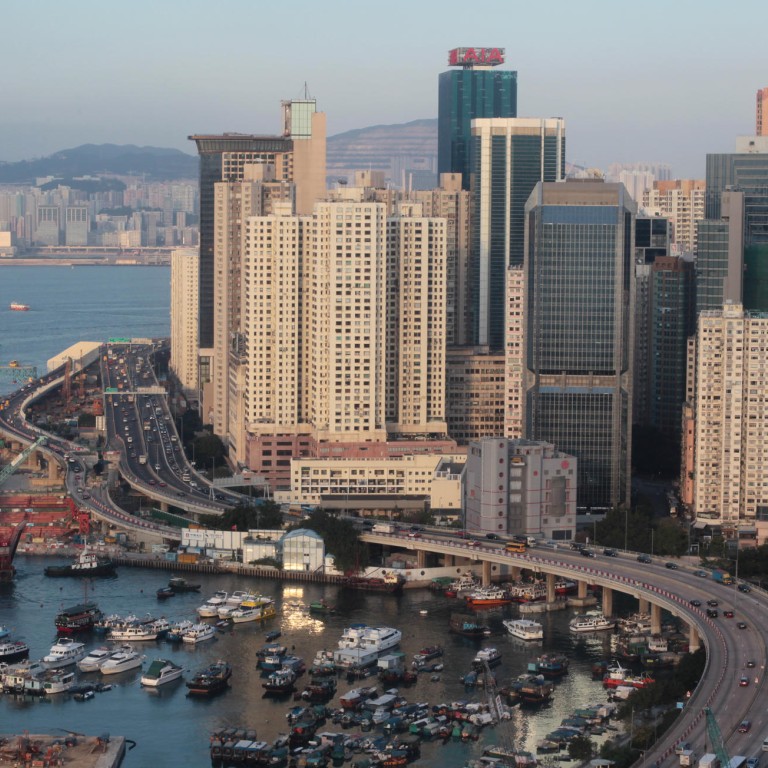
Boosting Hong Kong housing supply won't help affordability, says study
Research findings and analysis show clearly that increasing the level of government land sales has no impact on housing prices
Ian Brownlee in his Insight article ("Affordability myth", , March 18) suggested that increasing the housing supply in Hong Kong will not necessarily lead to more people owning their homes as policies and financing controls in place now effectively keep prices high.
My colleague Dr L.H. Li and his team have just completed extensive research funded by the government's Central Policy Unit under their public policy research funding scheme that has, broadly speaking, come to the same conclusion. Their research was based on the Granger causality test which postulates that causality in economics could be reflected by measuring the ability of predicting the future values of a time series using past values of another time series.
Li's team studied government land sales over a 25-year period, from the start of 1987 until the end of 2012. There was ample supply for the first half of the study period, given the 50-hectare land sale limit, which was in fact exceeded every year from 1985 until 1997. Then there was the call for 85,000 flats in the early years of the Tung administration compared with limited supply from 2004 to 2012 when the land sale application System was in place.
If these findings are correct, then the current push to find more land is unlikely to have any meaningful impact on house prices
The analysis clearly showed that throughout the 25-year survey period, the level of land supply from the government land sales programme did not have an impact on house prices. During the period of the application system, unsurprisingly, when house prices went up, more land was sold, but home prices did not come down. Li's data also showed that people only bought property when the price was going up and refrained from buying when prices were going down, which could mean any government measures to artificially suppress house prices could backfire.
If these findings are correct, then the current push to find more land is unlikely to have any meaningful impact on house prices, throwing the current administration's drive to rezone country park and greenbelt land into serious doubt as an effective strategy to influence house prices.
Historically, major corrections to the local property market have occurred as a result of external factors such as the 1980s oil crises and the Thai baht induced Asian financial crisis of 1997-98 that was further compounded by Sars in 2003. So what will be the next crisis?
Given that Hong Kong's economy is now so closely interlinked with mainland China, if there are serious problems across the border, such as a property bubble that bursts, that could have a spillover effect into Hong Kong. Or, more globally, a negative reaction from world or Asian markets if they perceive that the US Federal Reserve has not managed the impending US dollar interest rate rises appropriately.
Meantime, I hope that the results of this significant piece of research are quickly passed along to the Secretary for Development and Secretary for Transport and Housing so they can reflect on these results and perhaps fine-tune their current policies of finding land sites at all costs.

